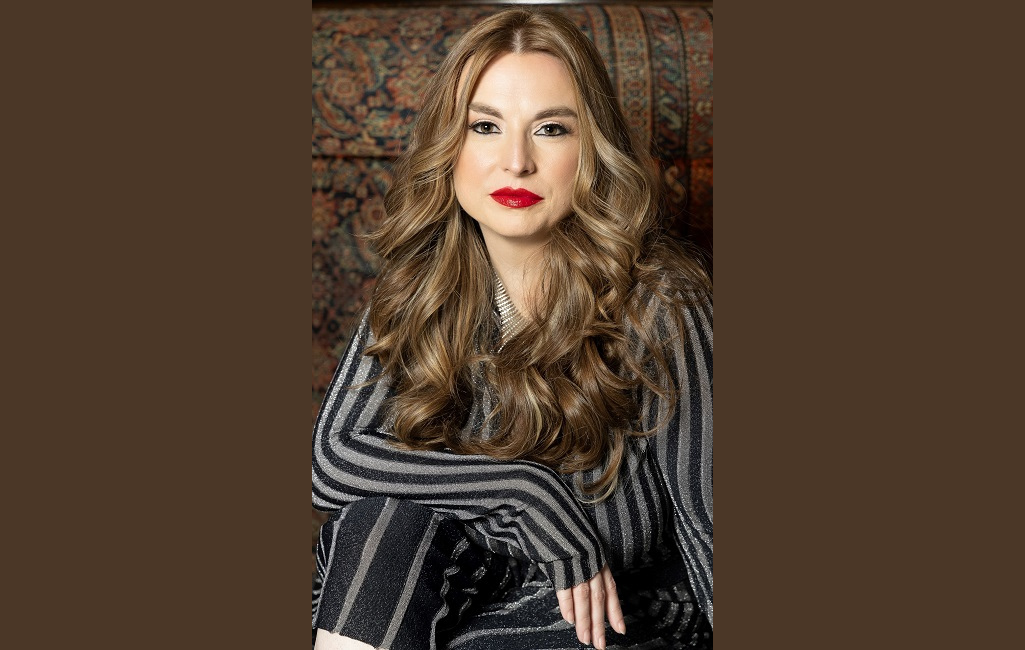By Heather Florio
Growing up, I always sensed that there was something off about me. It seemed like I constantly said the wrong things at the wrong time, struggled to connect with my peers and endured relentless bullying for being different. My brain operated in a distinct way—analytical rather than emotional. I sought refuge in the library, immersing myself in books that helped me make sense of the perplexing behaviors of my classmates during middle school.
Reflecting on my thought processes, I acknowledge that my mind is incessantly working to connect people and ideas—it’s simply second nature to me. This organizational approach has been a guiding principle in various aspects of my life, from comprehending social dynamics to charting my professional course.
Now, at the age of 44, I proudly hold the position of CEO at Desert Harvest, a prominent wellness brand specializing in sexual and pelvic health. In this role, my distinctive cognitive approach becomes a strategic advantage, particularly in steering our renowned rigorous scientific research initiatives.
However, it wasn’t until 2021, after years of grappling with the fear of inherent flaws, that I sought therapy. To my surprise, my psychologist suggested that I might have autism. Upon undergoing testing and receiving the autism diagnosis, a profound clarity unfolded. Suddenly, a myriad of aspects about myself, including past struggles, seamlessly fell into place. To my astonishment, a wave of immense relief swept over me. It wasn’t that something was inherently wrong with me; rather, something was uniquely different. The diagnosis acted as a key, connecting scattered dots and dispelling the confusion that had clouded my understanding of self.
Having autism provides me with a unique perspective, yet certain social situations remain challenging. I often find myself envying those who effortlessly engage in conversation, as socializing for me involves constant mental gymnastics. This behavior, known as masking, is common among women with autism and can contribute to the gender gap in diagnosis. Research indicates that women are three times less likely to be diagnosed as autistic than men, often receiving their diagnosis later.
At work, I can get lost in thought and struggle to connect emotionally with employees. My husband humorously refers to me as Sheldon from ‘The Big Bang Theory’ in these moments. Since my diagnosis, my relationships with family and colleagues have deepened. It has helped them understand me better, and in turn, changed how I interact with people.
My personal journey underscores the importance of avoiding snap judgments, as individuals may not conform to societal expectations. As a neurodivergent mother, wife and CEO, I aim to convey that success in these roles is entirely achievable. The diagnosis I received serves as a valuable framework, facilitating a deeper understanding of myself and enabling incremental adjustments that significantly enhance my ability to navigate and overcome challenges.
To those who suspect they might be autistic, I encourage getting tested. It’s a beautiful thing when you find out. It’s not a hindrance. It’s an understanding of yourself and feeling okay with yourself and your place in this society. Sharing your diagnosis with close ones can deepen relationships, and understanding that being neurodiverse is not a flaw but a different way of thinking, can bring numerous advantages.
In sharing my journey, my hope is that it serves as a beacon of understanding and acceptance for those who may find themselves in similar situations. Embracing my neurodivergence has brought me an unparalleled sense of peace, both in my personal life and as the CEO of Desert Harvest. By shedding light on my experiences, I aspire to contribute to a broader awareness of neurodiversity, fostering compassion and breaking down societal misconceptions. My story is a testament to the transformative power of self-discovery, and I believe that by encouraging open conversations and promoting understanding, we can pave the way for a more inclusive and supportive world.
Heather Florio, the second-generation owner of Desert Harvest, leads a company that specializes in medical-grade pelvic and sexual health products. Florio was named one of the top 50 Women in Wellness by Authority Magazine in 2021, was featured in Forbes Magazine in 2022 as a top woman in business, sits on the board of the Northern Light Health Center for Healthy Brain Aging and presented at the White House on international trade in 2016. When not at the helm of Desert Harvest, Heather enjoys spending time with her husband, three sons and three dogs.



